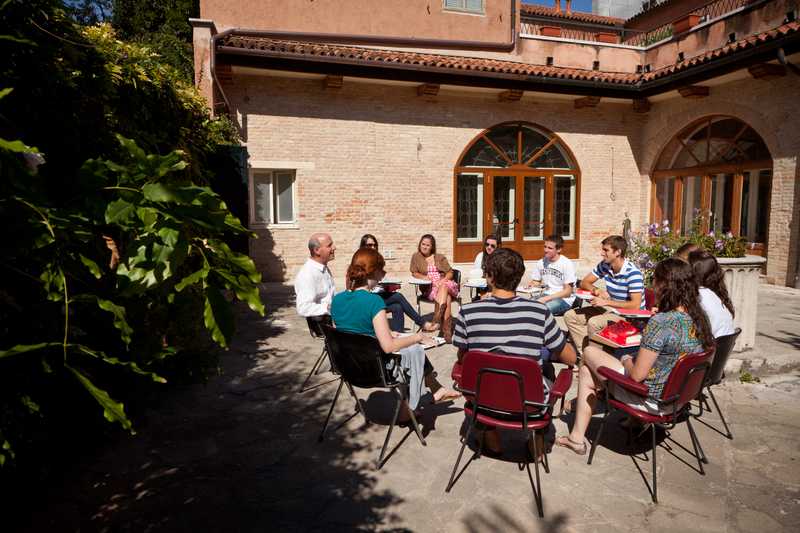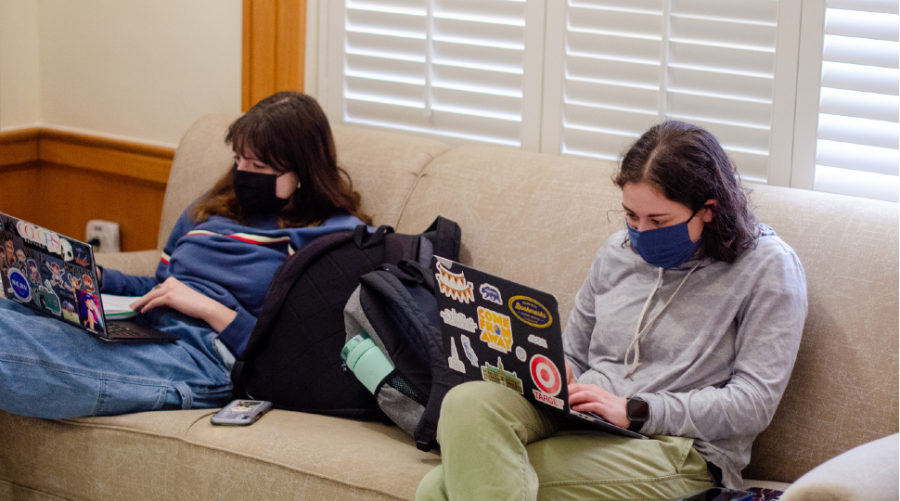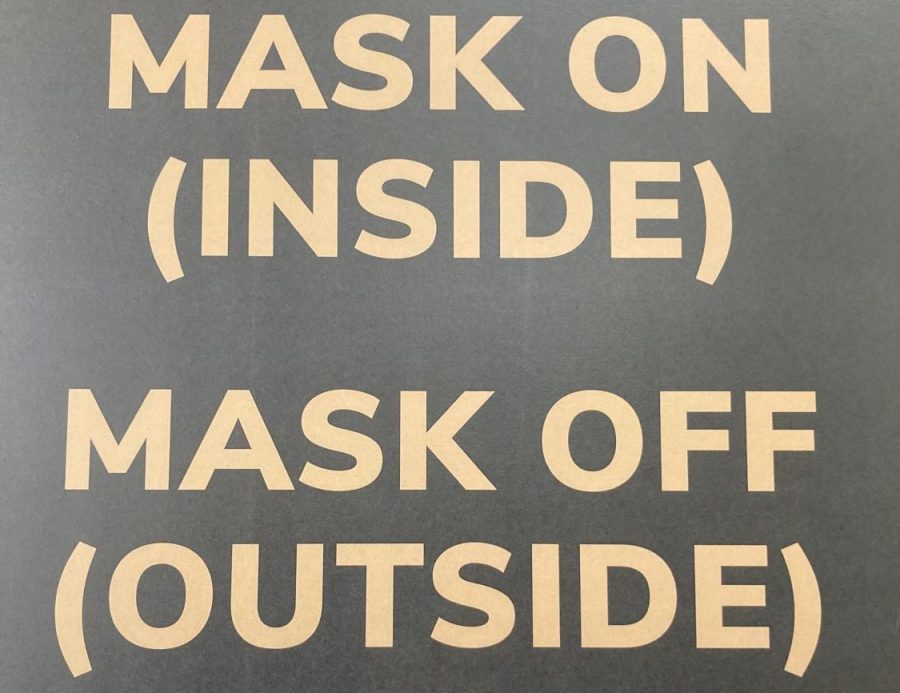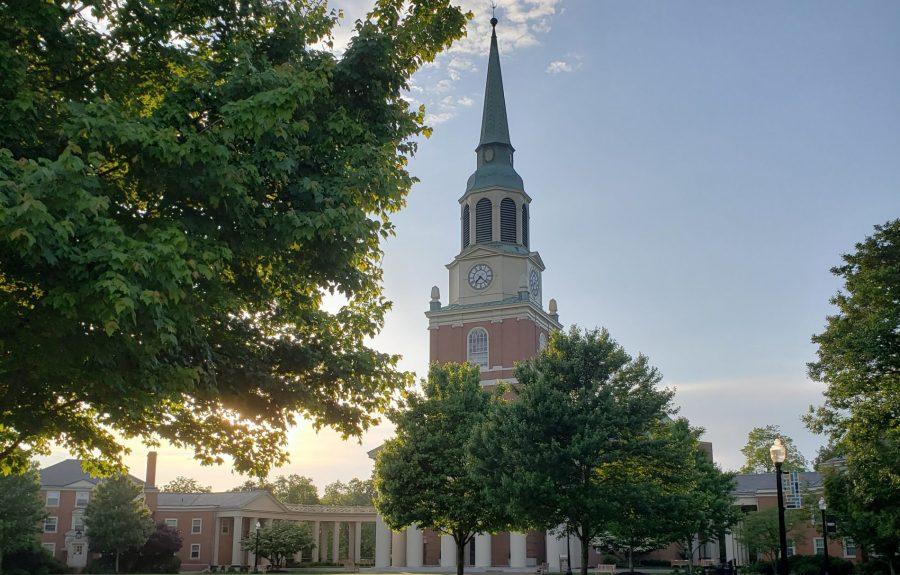On March 16, the Center for Global Programs and Studies sent an email notifying students that over a dozen summer session I and short-term study abroad programs have been cancelled. These programs, long a staple of the university’s study abroad curriculum, were set to take place around the globe and varied widely in academic discipline.
Although the fate of summer session II study abroad programs is yet to be determined, many predict that these programs will find themselves among a long list of activities cancelled by the university’s administration.
The decision to cancel these programs comes in light of new guidelines published by the Centers for Disease Control and Prevention (CDC) about how to mitigate the spread of the novel coronavirus (COVID-19). The guidelines include limiting social gatherings to less than 50 individuals and avoiding all non-essential international travel. Heeding this advice, the Center for Global Programs and Studies decided to cancel summer study abroad programs across all locations, including programs in countries that have relatively few cases of the virus as of yet. Most recently, The State Department announced a Level 4 travel advisory — which is the most severe warning given for citizens to not travel abroad.
Despite its far-reaching impact, the cancellation of summer study abroad may not have been a surprise to many students. In recent weeks, the university and other educational providers have grappled with the fate of their programs as the infectious spread of COVID-19 continues to ravage the globe. Colleges and universities across the country have been forced to cancel various aspects of on and off-campus life in order to ensure the safety of their students and limit the spread of COVID-19. As of last week, the university announced it will conduct all classes in a remote, online format for the indefinite future. By moving classes online and cancelling summer study abroad, the university hopes to play its part in “flattening the curve” of COVID-19 and in limiting loss of life as a result of this dangerous virus.
Although many students and families have expressed appreciation for the university’s proactive approach to limiting the spread of the virus, some students have criticized the slow speed at which information has reached the student body.
“How Wake Forest’s administration has handled informing students of what’s going on prior to cancellations, as well as information as to what will happen moving forward, has been nothing but disorienting,” said junior Ansley Bird.
Additionally, some students explained that the university’s decisions have made them feel forgotten amidst the chaos of this global pandemic. Junior Taylor Rowland is among the students voicing their concerns with the university’s handling of information surrounding COVID-19’s impact on campus function.
“Wake Forest has shown a complete lack of leadership through the long delays in relaying information to students,” Rowland said.
Like Rowland, these students often cite limited information as the root of their frustration. Since the initial uprooting of student life with the announcement of online classes, students have been left refreshing their inboxes, sometimes for days, while waiting for updated information. Updates on the status of study abroad programs were just one of many emails that students waited anxiously to receive.
However, many decisions are still to be announced, leaving many students with an unclear view about the rest of their semester. With information delays, many students feel unequipped to handle the continuously shifting educational environment brought about by the spread of COVID-19.
The university has attempted to remind students of the unprecedented nature of this situation, which has contributed to the frustrating uncertainty felt across the student body. In the email about cancelling summer study abroad programs, David Taylor, assistant dean for Global Study Away, offered words of comfort to an audience of students.
“We understand that the decision to cancel programs will come as a disappointment to many of you,” Taylor said. “However, it is the only course of action taking into consideration all of the current factors at hand.”
The novel coronavirus has forced not only university administrators, but also world leaders to navigate this unchartered territory. Institutions across the globe have reacted accordingly, taking bold actions to prevent the spread COVID-19, even if prevention necessitates sweeping changes in daily life.
The university is just one of countless institutions forced to make difficult calls and adapt their functioning to the ever-changing reality of an international pandemic. Often, information reaches students at erratic intervals and without a discernible timeline. Although this may not be the preference for students, this is the reality faced by many. Information delays are just another unfortunate byproduct of the unpredictable global atmosphere.
Throughout the COVID-19 outbreak, the university has prioritized the health and safety of students as their paramount concern. Without taking drastic precautions, like study abroad cancellations, in accordance with recommended public health measures, COVID-19 will only continue to spread.













